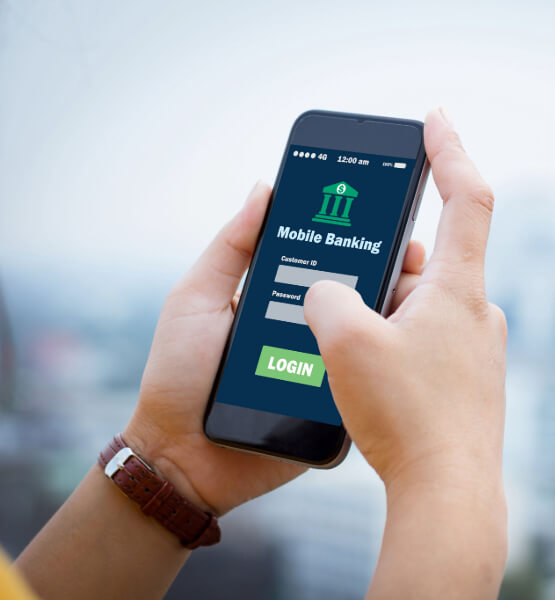Yes, some messages may be obviously fraudulent with spelling and grammatical errors galore, but malicious individuals are becoming more intuitive. They’re learning to understand your routine, who you bank through, and use scare tactics to convince you to share private information. They know you might panic if you receive a message about an “unauthorized transaction” on your account.
While scams are becoming trickier to spot, there are still things you can do to better protect yourself from fraud:
- Look closely. Does the sender’s name match the sender’s email address? A mismatched name and email address might indicate a malicious individual pretending to be someone else.
- Ask yourself, were you expecting this communication? If you receive an email or text asking you to urgently click a link, open an attachment, or provide sensitive information without you initiating that conversation, it may indicate that it is fraudulent.
- Double check the information. If you are ever alerted of suspicious activity on your account, it is always best to open your trusted banking app or use a web browser and log in to view your account activity. Do not click any links or call any numbers they provide.

Phone number spoofing is a common technique scammers may use to convince you to provide sensitive information. Even though it appears they may be calling from your credit union, an actual credit union employee will never ask you for your private login information.
- Do not provide sensitive information. If there is actual suspicious activity with your account, you may receive a phone call, text, or email from us. However, there will never be a link included and you will never be asked to provide digital banking codes or your user ID and password.
- Reach out. If you’re not sure if a message is legitimate, you can always call the sender directly using the phone number you find on the company’s website. Do not dial any numbers provided in a text message or email as they may be fake.
Life can be stressful; we get it. But take a moment and take a breath. Don’t touch that link to “track your package.” Don’t open that attachment with your “order invoice” from an unknown email. And don’t provide any sensitive information that may compromise your accounts. You got this, and we’ll always be here if you need us.



